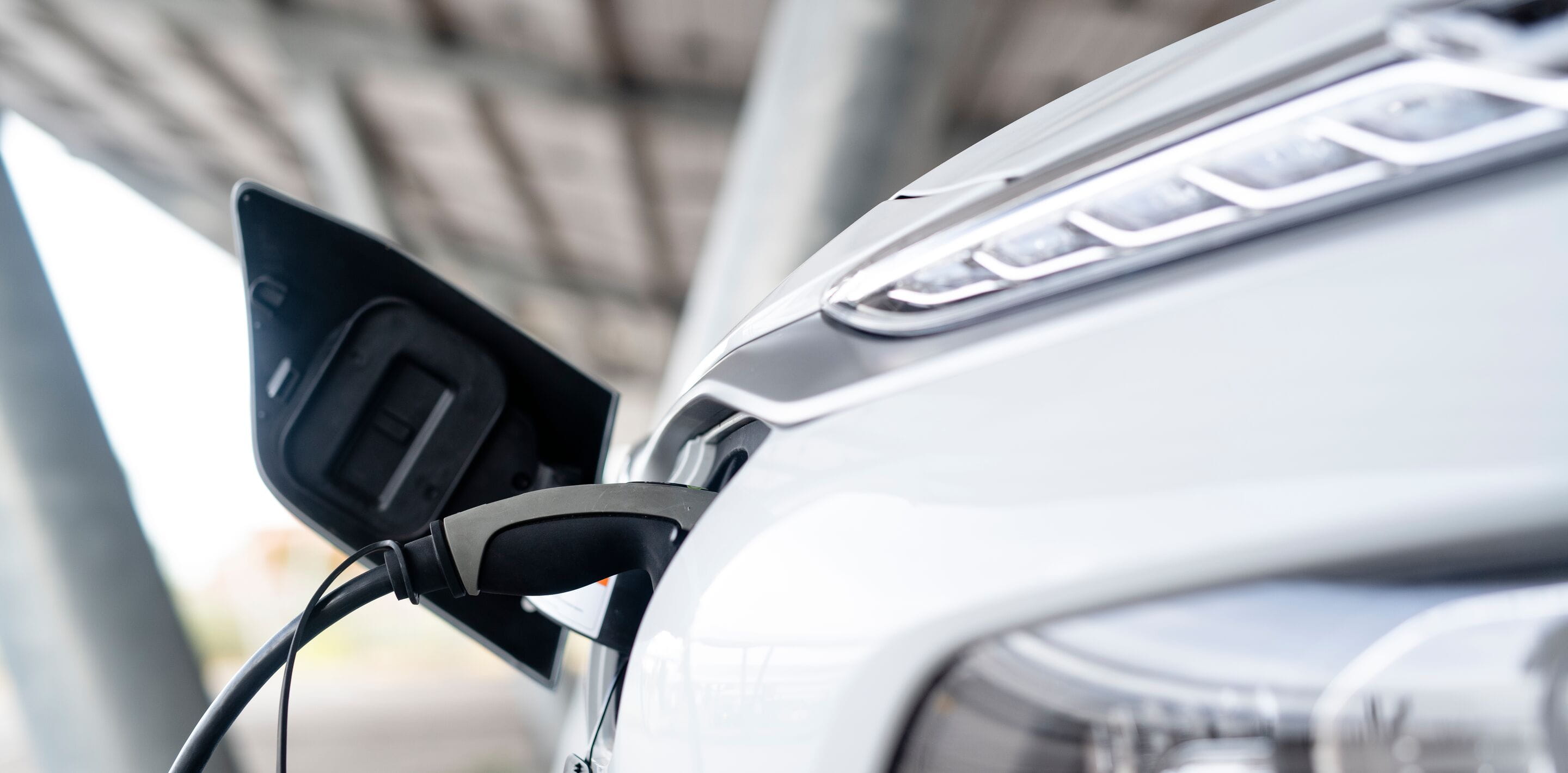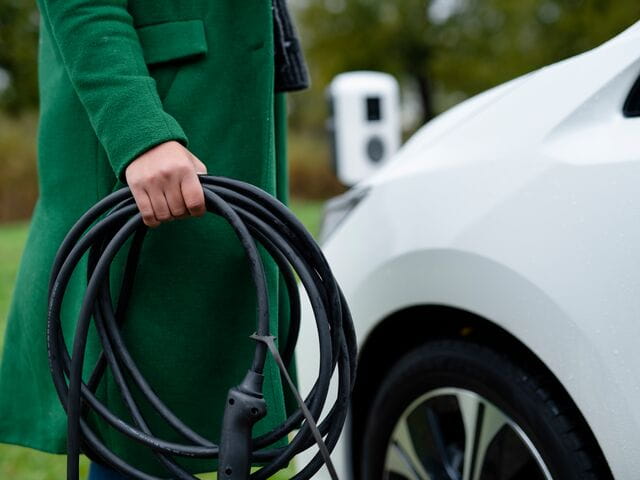
Nine myths about electric cars shattered
When it comes to electric cars, everyone has an opinion. "Electric cars are expensive, the battery wears out quickly, they are only suitable for short journeys..." But what are the actual facts?
"A fully electric car emits as much CO² as a diesel or petrol car."
Even when electric vehicles are powered by the most carbon-intensive electricity in Europe, they still emit fewer greenhouse gases than a conventional diesel vehicle. This has been shown in a study by Dr Maarten Messagie from Vrije Universiteit Brussel. In addition, electric car batteries are recyclable. Read all about it in the Bebat e-book, which specializes in the recycling of EV batteries.
"A car battery wears out quickly."
If you believe that the battery in an electric car wears out quickly, you are mistaken. The battery life is in fact the greatest asset of a car powered by an EV battery compared to conventional combustion engines. Fossil fuel engines are worn out after approximately 200,000 to 300,000 km. But with an electric car, you can drive 200,000+ kilometers carefree without significant loss of battery capacity. Moreover, the life span of batteries is constantly on the rise. Here are a few tips to make sure your battery lasts as long as possible:
Avoid high temperatures.
Your battery should always have a charge of between 10% and 90%. Staying below 10% or above 90% too often will make your battery wear out faster.
If you are going to park your car for a longer period of time, the ambient temperature and the charge percentage of the battery are important:
It is best to have your car charged to about 50%. If you leave it parked for a while with a full battery, the battery may lose capacity. Conversely, if the battery runs very low it may enter a discharge state, which will prevent it from being recharged.

"Looking for public charging points is like searching for a needle in a haystack."
According to Chargemap, there are about 3,000 public charging stations and 8,000 plugs in our country. Add to this the charging points for companies and individuals and we exceed the 10,000* mark. Incidentally, more charging points are continually being added, both in public spaces and at companies' premises or drivers' homes. On average, as a consumer, you will only depend on the (fast) public charging infrastructure for 10% of your needs, for example if you are planning longer trips. After all, ordinary plugs are perfectly suitable for charging your car. What could be more convenient than a private 'charging station' at your home?
"I'll never get to my holiday destination with an electric car."
An average electric car can easily drive 300 to 450 kilometers on one charge. This means you can cross the country without any problems. What's more, you can charge an average electric family car up to 80% in 30 minutes at a fast charging station. There are 161,426 public charging stations and fast chargers in Europe. And the number of charging points will only increase – you can be sure of that! Click here for a handy list of all charging stations in Europe: Charge map
"I waste time charging my car."
Most of the charging (90%) takes place at work or at home, so when the car is stationary. At a standard charging station (at home or on the road) you can fully charge the battery in four to eight hours, depending on the car. And if you plug in your car at night, you won't waste any time. If you do have to charge while on the road, look for a quick charger to charge your car up to 80% in half an hour – more than enough to continue your journey.

"Electric cars are so quiet they give me a fright when they drive silently by."
Unlike traditional cars, electric cars do not have an internal combustion engine, so they don't make any noise. This silence means more peace and quiet for the driver. As of 1 July 2019, new electric cars in Europe must be fitted with a device that makes a noise when the car drives slower than 19 km/h or in reverse so as to reduce accidents. And electric cars do not imitate the sound of an animal – they imitate driving noises.
"Electric cars are not sporty."
Electric cars can reach the same top speeds as cars with a fossil fuel engine. What's more, electric engines accelerate quickly, even more so than fossil fuel engines. All you have to do is touch your pedal and you speed up instantly. This is because an electric car can deliver maximum torque (Nm) immediately, while a fossil-fuel-powered car has to be geared up before it can drive at peak power. Bear in mind that if you drive at high speeds, you also use a lot of energy and will have to recharge sooner.
"A combustion engine is cleaner than an EV at the end of the journey."
This is not true. There are several studies that claim this, but the results are very different – depending on the party that wrote or financed the study. The European Environment Agency recently carried out an independent study, and the outcome is clear: on average (European average and a combination of green and grey power), an electric car is a lot cleaner than a similar car with a combustion engine, even in cars with a large battery (such as the Tesla Model S 100D).

"Hydrogen-powered cars are the future, not electric battery cars."
So much efficiency is still lost in the production of hydrogen today that an electric battery car is by far the most efficient. However, it looks like hydrogen and battery cars will be developed side by side in the future and there will be hybrids that combine both technologies. Mercedes-Benz has already made a first move in this direction with the GLC F-Cell.


